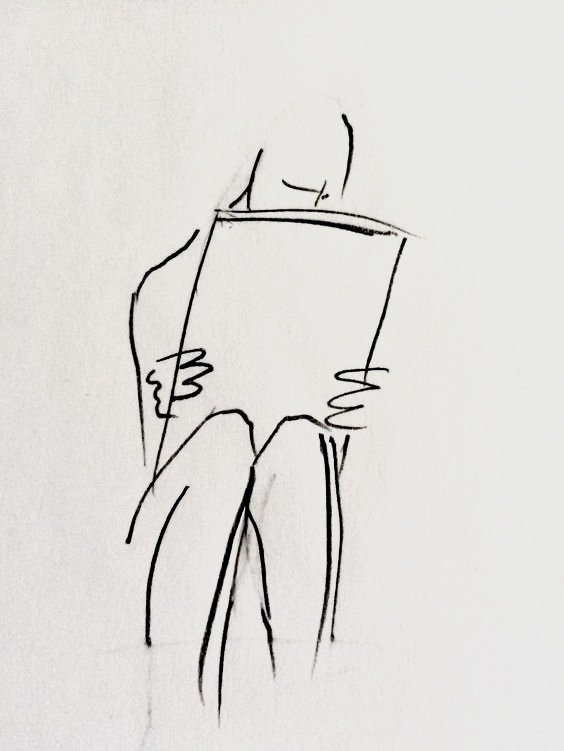The Art of Dining Alone, and Being Comfortable with Boredom
By Wim Langedijk for HURS
The Art of Dining Alone, and Being Comfortable with Boredom
HUR Reads is our definitive shortlist of the most prominent articles from around the web.
By HURS Team
1
Why Is Dining Alone So Difficult?
Priya Krishna recently explored the rising trend of solo dining in restaurants. While some cultures, like Japan, embrace solo dining, others, such as Italy, may view it as unusual. Despite these perceptions, solo dining has surged by 64% in the U.S. since 2019. Krishna highlights both the challenges solo diners face, such as limited seating options and less attentive service, and the joys, including personal reflection and self-connection. The pandemic has further influenced this trend, with more individuals seeking personal space and self-care through dining alone.
THE NEW YORK TIMES
In a New Yorker piece, Amanda Seyfried reflects on four books that deeply resonated with her, offering insight into the challenges and joys of being a daughter, wife, and mother. She highlights works that explore themes of womanhood, identity, and emotional complexity, explaining how they made her feel understood and less alone. Through her selections, Seyfried emphasizes the power of literature to provide comfort, connection, and a sense of shared experience in the often isolating moments of life.
THE NEW YORKER
Arthur C. Brooks argues that we’ve got leisure all wrong—it’s not just about relaxing but about growth and fulfillment. Inspired by philosopher Josef Pieper, he suggests that real leisure means engaging in activities that enrich us, like learning new skills or being creative, rather than just zoning out. The key? Be intentional, stay present, and mix in both restful and stimulating activities. When done right, leisure isn’t just a break from work—it’s a path to a happier, more meaningful life.
THE ATLANTIC
Boredom gets a bad name, but it’s actually a useful signal—it’s your brain’s way of telling you that whatever you’re doing just isn’t cutting it. While some people swear boredom fuels creativity, research suggests that slightly engaging activities, like taking a walk or showering, are actually better at sparking ideas. They give your mind enough room to wander without the frustration of being completely unstimulated. And if you’re stuck in a situation where boredom is unavoidable (like work or school), finding a deeper purpose in what you’re doing can help make it more bearable. Instead of fighting boredom, the key is to recognize it, reframe it, and use it to push yourself toward something more fulfilling.
VOX
Rachel Tashjian has built a distinguished career through her insightful and personable approach to fashion journalism. Her journey includes notable roles at Garage, GQ, and Harper's Bazaar, where she cultivated a reputation for blending deep industry knowledge with a relatable narrative style. Beyond traditional media, Tashjian engages a dedicated audience through her newsletter, offering readers exclusive fashion insights and recommendations. Her work emphasizes the intimate connections individuals have with their clothing, often sharing stories that highlight the personal significance behind fashion choices. This unique perspective has solidified her influence in both mainstream and niche fashion circles.
